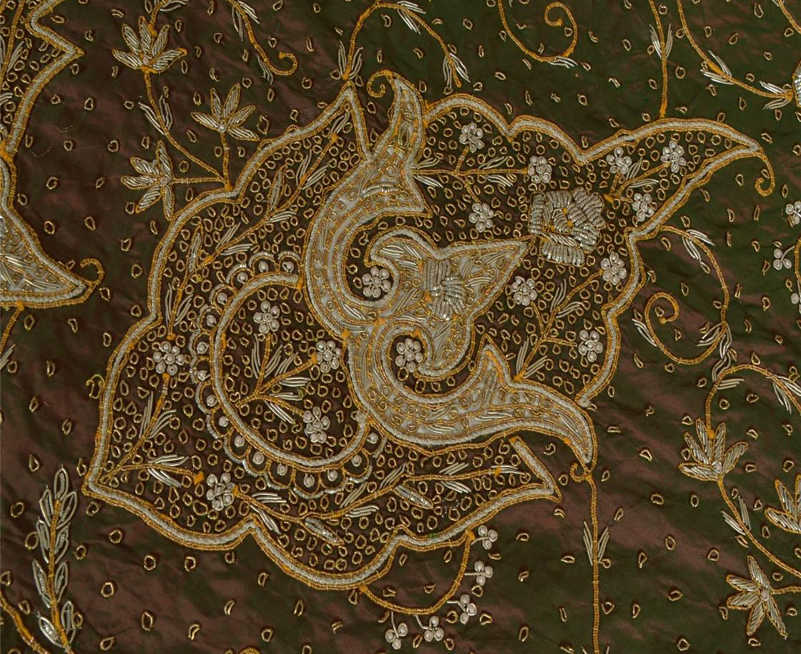===
0921,
7
===

=== |
 |
āge : 'Before, in front, in the presence of, confronting, facing, opposite, in view, in sight; in the time or reign; in advance; foremost; fore, beyond, onward, further, further on, furthermore, more than this; in future, hereafter, henceforth; again; for the future; next in time or place, then, afterwards; thereupon, after that; formerly, in former times; already'. (Platts p.72)
vabāl : 'Unwholesome; burdensome; painful, vexatious ... ; —anything painful or distressing; bane, pest, plague'. (Platts p.1178)
qalandar : 'A kind of wandering Muhammadan monk, with shaven head and beard, who abandons everything, wife, friends, and possessions, and travels about'. (Platts p.794)
FWP:
SETS
MOTIFS
NAMES
TERMS == TAJNISThat āge is indeed a complexity (see the multifarious definition above), and Mir has been careful to give us no way to clarify it. The reading of 'formerly' suggests a temporal sequence: 'Formerly your hair drove me mad, so now I've taken the counter-measure of shaving mine (and renouncing the world)'. However in that case, the verb in the first line should (and easily could) have been the , in the past tense. But of course there are the other lovers whose lives are also affected: in general, inherently-- or as SRF says, 'with regard to its nature' ('Your hair drives people mad; therefore I've taken my counter-measures').
The other reading mentioned by SRF, 'in your presence', leads to a spatial rather than a temporal contrast: 'Your hair drives people mad when they are in your presence, so I've arranged not to be in your presence (by becoming a wandering ascetic)'.
And the hote haiñ in the second line is also piquant: in the 'habitual' tense, it sounds normal, usual, but ultimately contingent. It sounds as though on most days the speaker is a qalandar, but not necessary on all of them-- and not as a rigid principle or the result of a vow. Moreover, there's the bhī : if 'even/also' we are habitually a qalandar, is the comparison to other qalandars (we join their ranks), or to other, earlier mad lovers (we react as they have reacted)?
So if we must wander across time and space, and venture into philosophical territory, why not think of her hair as inherently maddening, as 'always already' (ha!) a burden to her lovers' lives?